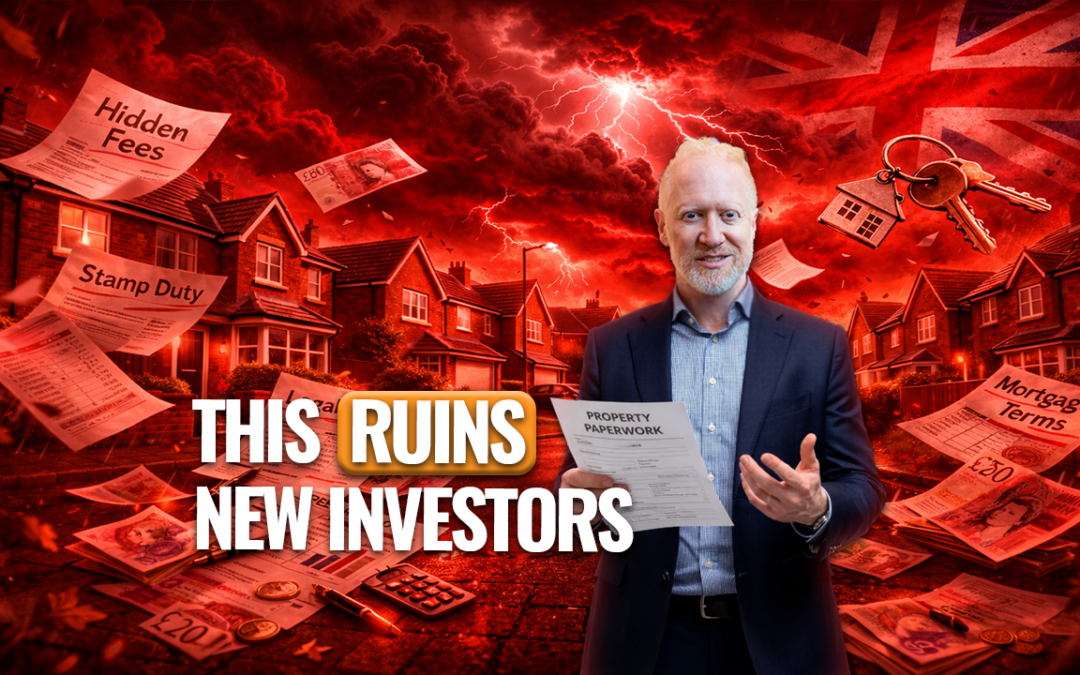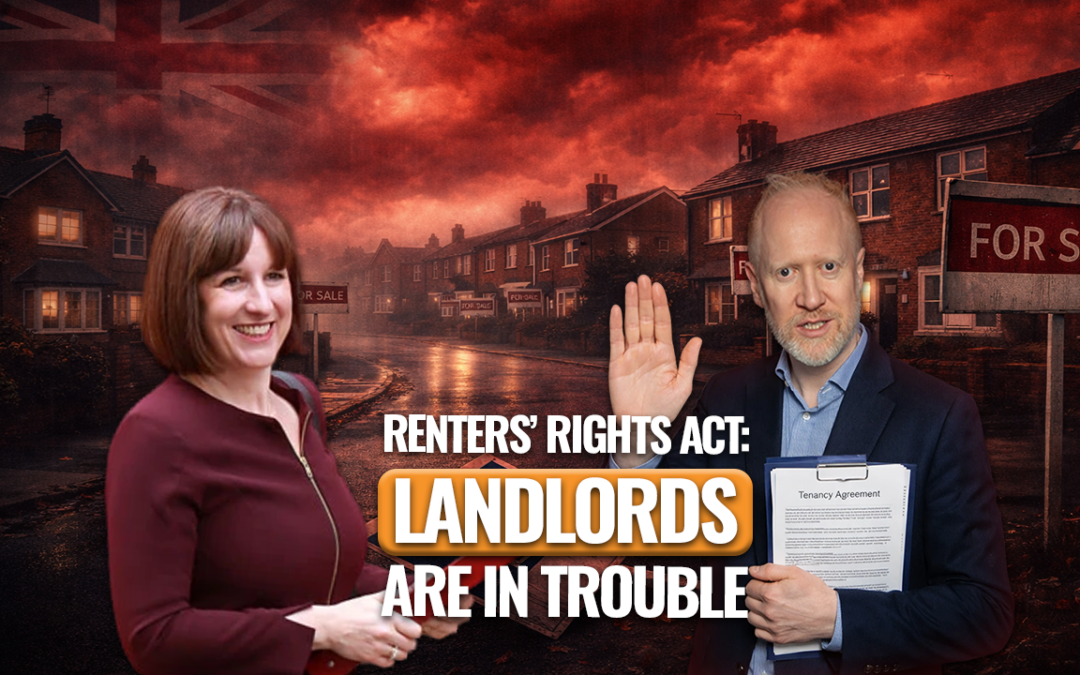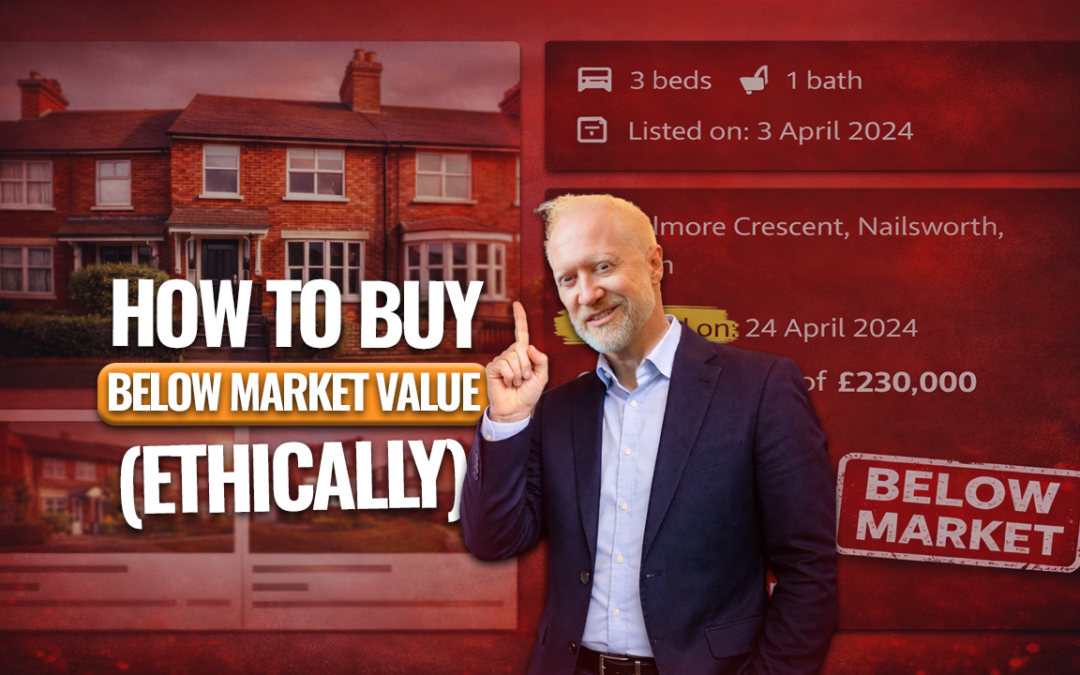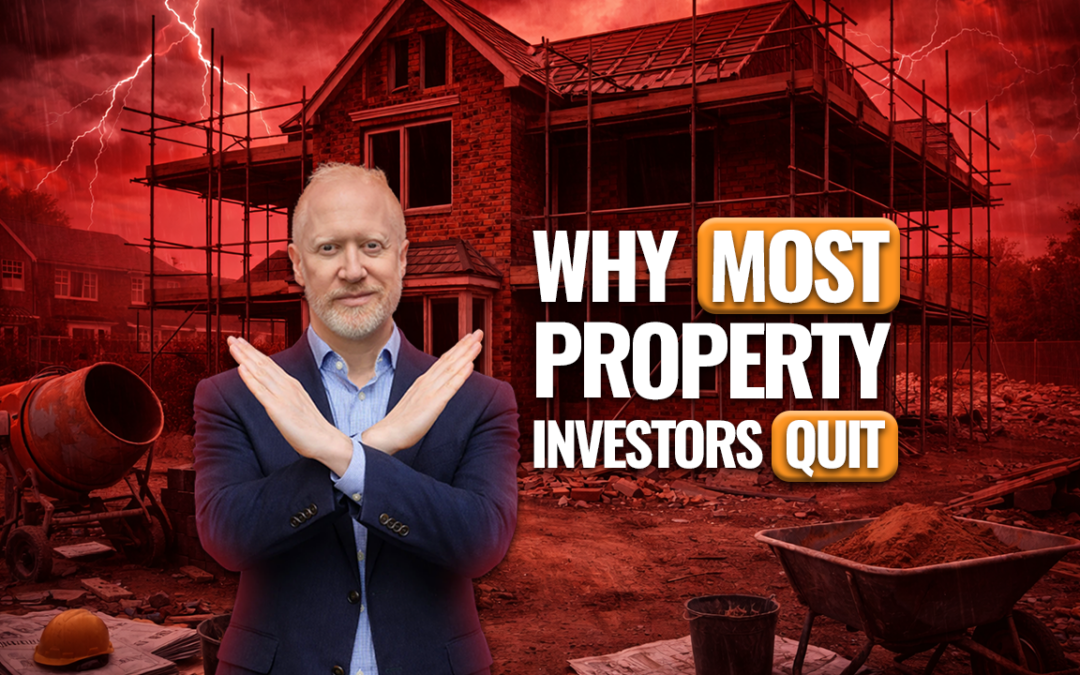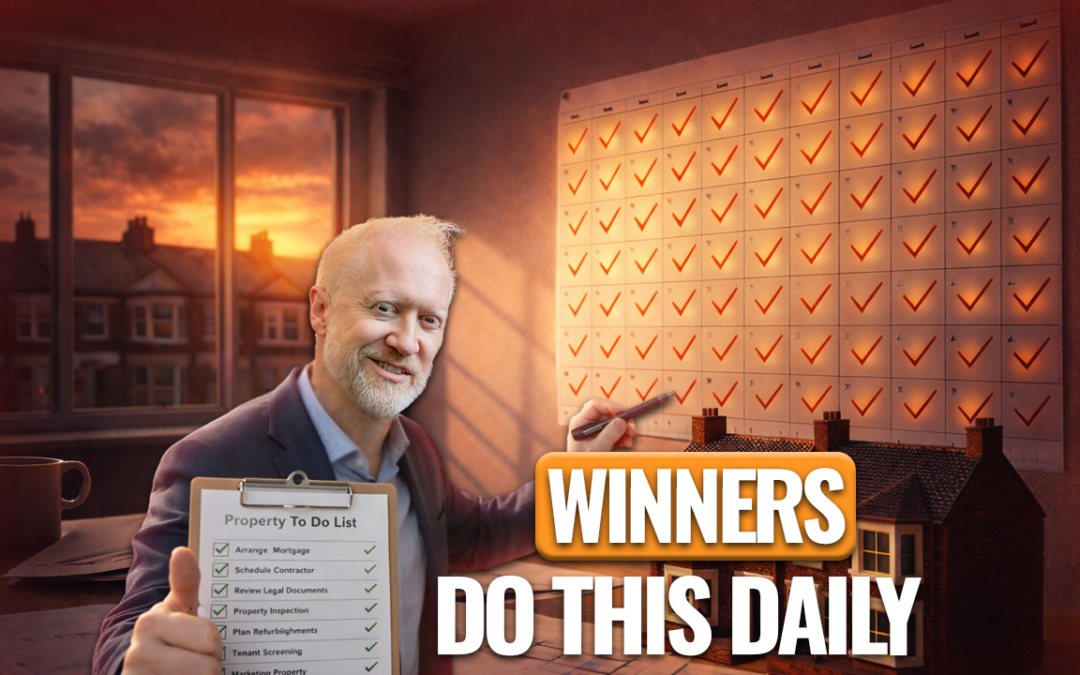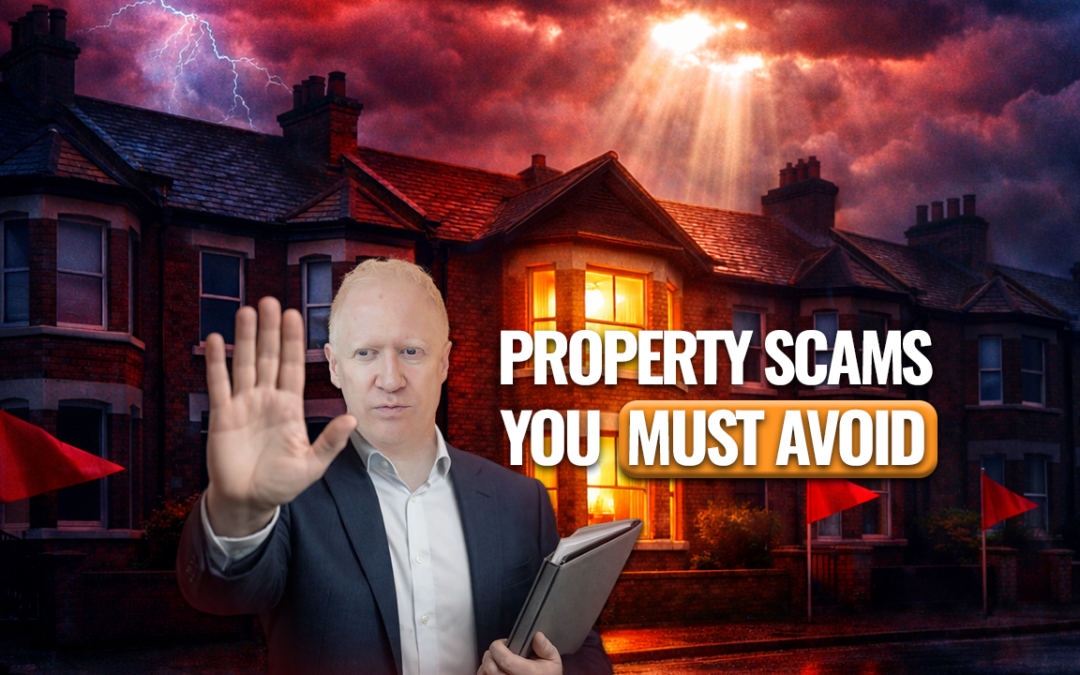Is the Seller Motivated?
Is the seller motivated? It’s a question I always ask my students, because I believe you should only be buying properties from motivated sellers. These are people for whom speed and certainty matter more than squeezing every last penny out of the deal. That often means they’re willing to sell below market value or be flexible with creative solutions like purchase lease options, vendor finance, or exchange with delayed completion.

How Do You Know if a Seller is Motivated?
But how do you actually know if a seller is motivated? It all comes down to the questions you ask. In this article, I want to share with you 22 questions you can ask the property owner. These questions will help you uncover the seller’s motivation and even give you clues about which strategy you might use to help solve their problem and secure a great deal for yourself. I’m Simon Zutshi, property expert and author of Property Magic. I’ve been investing in property for 30 years and teaching others for the past 22. And in my book, I lay out the golden rules of property investing – starting with Rule Number One: only buy from motivated sellers.
Start With the Basics
One of the first things I always ask is, “Who actually owns the property?” This is essential because if you’re negotiating, you want to be speaking directly with the person who can make decisions. Talking to a partner or family member won’t get you the information you need. Once that’s established, I ask, “When did you buy the property?” This gives me insight into how long they’ve owned it and what kind of capital growth they might have had. If the property has appreciated over time, they may be more open to selling at a discount, knowing they’ll still walk away with more than they paid.
Understanding Their Living Situation
Then we need to understand who lives at the property. If it’s their home, follow up by asking whether they’ve already found somewhere else to move to. People who’ve found their next dream home but need to sell this one first are usually highly motivated. Ask if they’re planning to rent or buy their next home, because if they’re planning to rent, they may not need all the cash from this sale immediately – which opens up creative strategies.

What to Ask if the Property is Tenanted
If the property is tenanted, there are additional questions to ask. How long have the current tenants been there? What rent do they pay? Are they up to date? And what kind of tenancy agreement is in place? These questions reveal whether you’re inheriting a well-managed investment or a potential headache. For instance, long-term tenants often pay below-market rent, which can be an opportunity to improve cash flow after purchase.
Freehold or Leasehold?
Next, establish whether the property is freehold or leasehold. If it’s leasehold, ask how long is left on the lease. Short leases (under 70 years) can be hard to finance, so it’s vital to know early on. If the lease is short, ask whether the owner knows the cost to extend it. Also find out the ground rent and service charge – these directly affect your cash flow and return on investment.
Digging into Their Circumstances
Now we get into the seller’s personal circumstances. Ask: “Why are you selling the property?” This might sound personal, and some may hesitate, but it often reveals the real motivation. Then ask, “Are there any timescales you’re working to?” People might say they’re in no rush, but the closer they get to a key deadline – moving abroad, starting a new job, avoiding repossession – the more motivated and flexible they become.
Get Clear on the Numbers
Once rapport is built, you can ask a very specific question: “How much do you actually need to get from the sale of this property?” The word “need” is intentional – it tends to yield a lower, more realistic figure than asking what they want. It also helps you understand whether they’re trying to cover a mortgage, pay tax, or fund something else. Speaking of which, it’s worth finding out whether there is a mortgage on the property. Around 25% of properties in the UK are mortgage-free, but for the rest, this information helps you understand what options are on the table.
What Matters Most to the Seller?
A brilliant question to understand seller priorities is this: “What’s most important to you about the sale –getting the money quickly, or getting the most you can from the sale?” This lets you gently gauge whether they’d prefer speed or price, and positions you to offer the right kind of deal. Then, casually ask, “What are you planning to do with the proceeds of the sale?” If they don’t need the money urgently, they might be open to more flexible terms.
Ask the Deal Making Question
Now here’s a real gem I picked up on a business training years ago: “What’s the lowest you can take and still be happy?” It’s ethical, clear, and avoids aggressive negotiation tactics that could cause sellers to back out later. Always aim for deals where the seller feels good about the outcome too.
Keep the Conversation Going
At the end of a viewing, I always thank the owner personally. I say, “I love the property and I’ll be making an offer through the agent,” and then I ask, “Just in case I have any more questions, can I have your phone number please?” I’ve never had anyone refuse. This helps keep the conversation going and allows you to ask some of these more in-depth questions later on.
Never Forget to Ask This
And finally, the last question I always ask is: “Do you have any other properties you’re looking to sell?” You’d be amazed how many extra deals come from this one question alone. Many of my students have done multiple deals with the same seller simply by asking.
These 22 questions are a powerful toolkit for any investor. They help you uncover seller motivation, tailor your offer, and create ethical win-win deals. If you found this helpful, why not come along to one of our property investors network meetings? Your first one is completely free. Just visit https://www.pinmeeting.co.uk, find your local event, and use the voucher code YouTube at checkout to bypass the payment page. It’s a great way to learn, build your network, and grow as a property investor.


